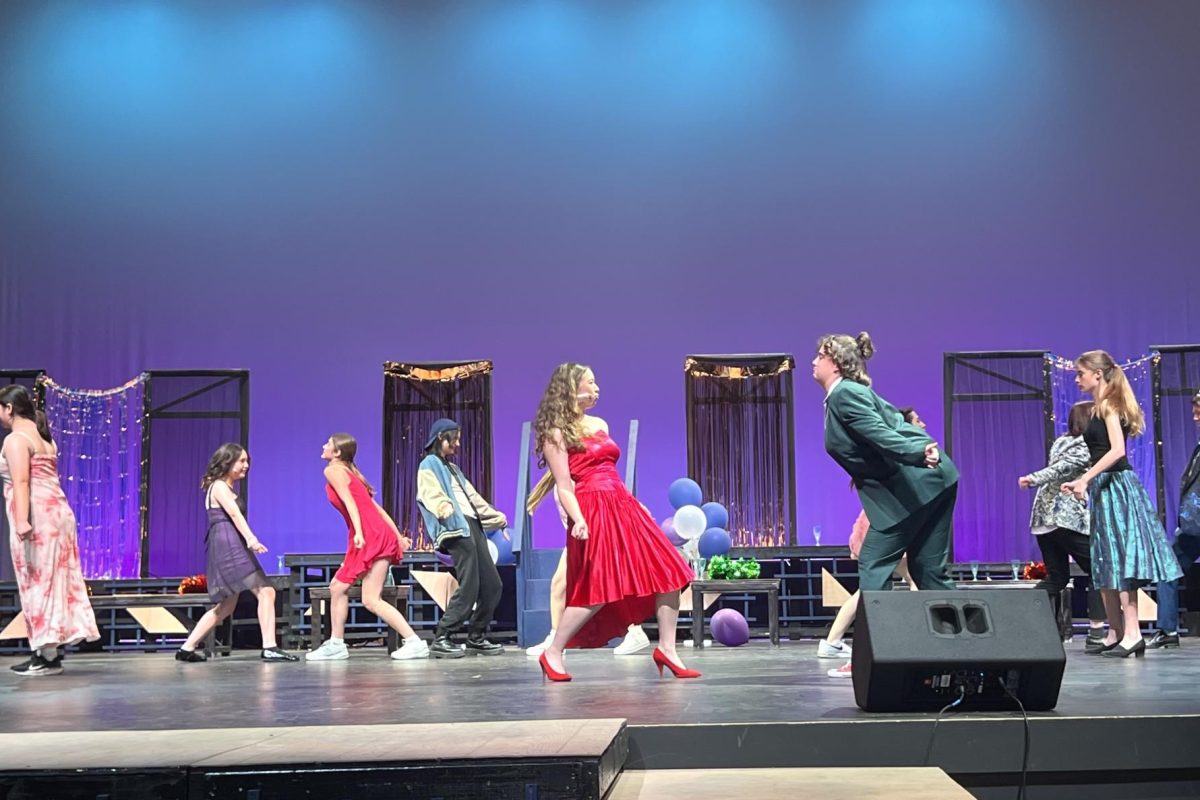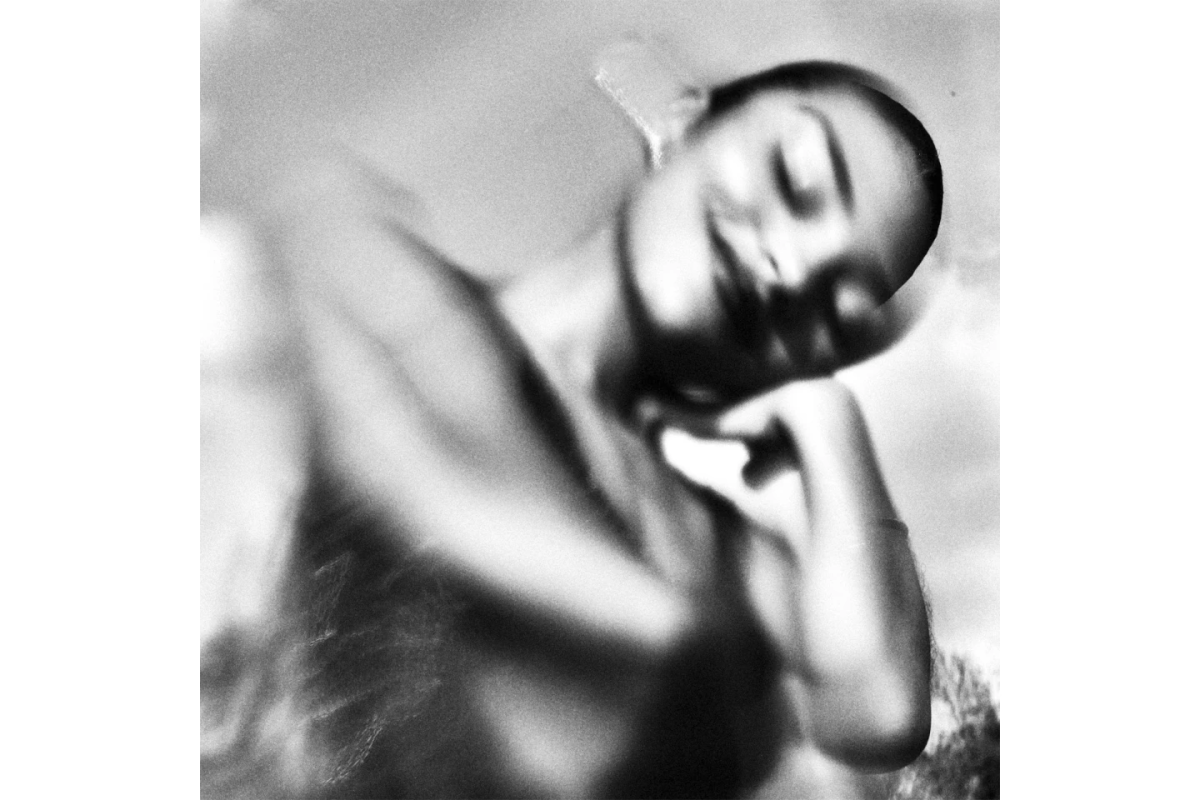From Disney Channel stars to Emmy, Grammy, Oscar, and Tony winners, what all of these entertainment professionals have in common is their clear abundance of talent. In the modern day of growing technology and competition, acting alone is not enough for the big screen; now actors may be expected to sing, dance, make audiences laugh hard and cry harder if they want to be successful.
Since her start in musical theater at age three until her career in television production now, Seveann Morton (12) has been rejected from many roles largely due to the pressure of being multi-skilled.
“There’s definitely been times in theater when I’ve been rejected because I’m not much of a dancer, and I’m an actor before I’m a singer,” Morton said. “But something I’ve learned in this industry is that you can also get rejected because your hair isn’t the right color, or you’re not tall enough, or short enough, you’re just kind of in this middle place.”
Marinee Payne, a Costume Design, Acting and Drama Production teacher on campus acknowledges how being multi-talented in the entertainment industry — despite the rigorous efforts — comes with high reward.
“If you’re only going to do comedy, you’re not as marketable as somebody who can be known to be multi-leveled, someone who can do comedy, who can do tragedy, who can do Shakespeare, who can do all those kinds of things,” Payne said.
Throughout her experience acting, Morton has become aware of the clear “pressure to be perfect,” a factor that Audrey Casson (12) has also made note of during her time acting in the entertainment industry, and while watching her friends in the business as they navigate their different crafts, such as modeling.
“I don’t personally model, but I know a lot of my friends feel a lot of pressure because they have to do multiple things, and you have to go to acting or dancing lessons,” Casson said. “It’s not really that you need to, but it just makes you more well-rounded.”
But with all of the Zendayas and Denzels in the world — who achieve exceptional talent in many different formats — where is the line drawn from natural multi-talent and adaptability to skill? After all, according to Payne, it used to be standard for actors to be multi-talented.
“Way back in the old days, every actor could sing and dance,” Payne said. “Jimmy Cagney, for example, always played a tough guy … Jerry Lewis could sing and dance even though he played these really wacky comedic characters. If you look at somebody like Will Smith, [Smith] can play anything for sure, and Freeman too and Denzel Washington … they’re all well-versed. Ryan Gosling is versatile too. I once saw [Gosling,] in ‘Remember The Titans,’ and then when I went to see ‘La La Land,’ I went, ‘Wait, that’s the same guy!’”
Not yet a Cagney or Gosling, Morton and Casson both believe that working hard at your craft will always come first to natural talent, an idea that Payne concurs with.
“Success really comes from the work that you put in,” Morton said. “You can be a fantastic actor or singer, but you have to put in the work to get to where you want to be. There are so many people who have this beautiful dream, and so very few people get it. It’s really about ambition and determination.”
Casson mirrored this message, noting that natural ability is “just a baseline.”
“You are only ever going to be that good if you’re determined about it and you’re consistent, because consistency will beat talent every time,” Casson said.
Payne, who has worked in the industry for several decades, understands that success comes from passion for your craft and willingness to try new things for a role.
“You just kind of realize how much you’ve got to give, where you can look and say, ‘Gee, wow, I learned how to do this. Maybe I’ll take that same kind of initiative and apply it to this other area, yeah?” Payne said. “It’s like I said, it comes from wanting to be in the business and going with your agent. Hearing that they’d be perfect for a part, but they’d have to sing and dance. So they take dancing lessons and they hire their vocal coach to coach them.”
Yet, as actors set higher expectations for themselves to develop skills, other potential setbacks come along as well.
In lieu of the COVID-19 pandemic, casting calls flipped from in-person, to almost entirely virtual. For Morton, this makes it even more difficult to showcase talent, as high school students are already “too old to play someone young, but too young to play someone old,” making it already an awkward and difficult time to find jobs. From a different technological standpoint, the major spike in social media being used by creators to gain recognition for their talents through viral videos.
“People who are social media personalities kind of get into acting with no experience when they don’t have a specific talent,” Casson said. “They’re not really multi-talented, and I think that they just get into it because they have a name and a following. There are a lot of projects where people don’t have a lot of talent, or don’t have a lot of ability, or maybe they do, but they don’t really showcase it.”
Payne disagreed, claiming that showcasing talent through media outlets is just “part of the process” to getting more diverse talent in the world.
“I think for the young influencer that is going, ‘Gee, I sure would love to figure out how I can show people my dancing talent out there,’ is more positive than anything, because honestly, this is why I have been at this school and open caster for 32-and-a-half years. I haven’t confined any show we’ve done to an acting class, because there’s so much talent out here.”
No matter the case of technological advancements or increased competition among multi-talented artists, a constant, it seems, is the presence of those that show up to support no matter what. In Morton’s case, this very camaraderie in and out of the industry is a defining factor of her drive and success.
“It’s all about finding your support system, or support systems,” Morton said. “I have my friends in the industry and my friends out of the industry, and all of them support me in different ways, which is so important.”
As of now, Casson is on the road to college, where she intends to continue pursuing acting in her adult life recreationally. Morton is currently self-producing and ready to pitch her new historical drama television series based on Elizabeth Schuyler Hamilton, her first self-produced show to be pitched. Payne, who has taught at the school for over three decades, will be bowing out of her final curtain call this year as she retires from teaching and moves on to further creative endeavors.
As the president of Stanford wrote to Payne in 2007: “If it can be imagined, you can make it happen. And thus no task is impossible without thought and willpower. Most importantly, [Payne] taught me about life, how to cooperate, to love, to forgive, to be open minded in any situation and to think outside of the box always. That’s the key right there.”









